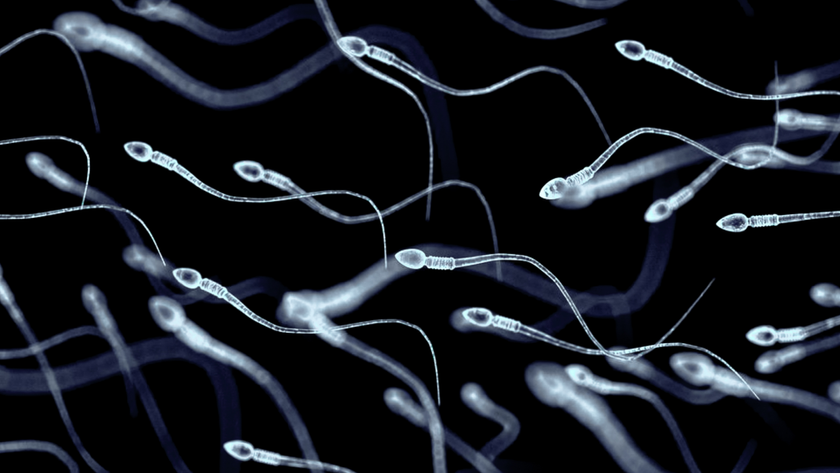Politics on the Brain: Scans Show Whether You Lean Left or Right
The political differences between liberals and conservatives might run as deep as the brain, researchers suggest.
Scientists had previously found that some psychological traits were associated with certain political views. For instance, studies have shown that conservatives tend to be more sensitive to threatening faces, while liberals tend to be more open to new experiences. Political ideology has even been found to leave its footprint in how we set up our bedrooms and offices, with liberals' offices judged as significantly more distinctive, comfortable, stylish and colorful than conservatives' offices.
Cognitive neuroscientist Ryota Kanai of the University College London and his colleagues reasoned that such fundamental differences in personality might be seen in the brain. They scanned the brains of nearly 120 volunteers to investigate the idea.
The researchers found that volunteers who identified themselves as liberal tended to have a larger anterior cingulate cortex, a region of the brain linked with monitoring uncertainty, which could help them cope with conflicting information. On the other hand, those who identified themselves as conservative have a larger amygdala, an area linked with greater sensitivity to fear and disgust.
"Political attitude is often thought to be determined purely based on social context," Kanai told LiveScience. "Our research suggests that a high-level psychological trait such as political orientation might have a biological basis."
Kanai did caution against taking these findings too far, as there are many uncertainties about the associations the researchers saw. For instance, which came first — the brain structures or the political views? One might also note that brain structure can be shaped over time by experience, and that some people are known to change their views over the course of a lifetime. Past research has shown, for instance, that counter to stereotype, as people age, they become more liberal.
"It's very unlikely that actual political orientation is directly encoded in these brain regions," he said. "More work is needed to determine how these brain structures mediate the formation of political attitude."
Sign up for the Live Science daily newsletter now
Get the world’s most fascinating discoveries delivered straight to your inbox.
In addition, political views can fall into many categories other than simply liberal and conservative.
"In principle, our research method can be applied to find brain structure differences in political dimensions other than the simplistic left- versus right-wingers," Kanai said.
Perhaps there are differences in the brain as to why some people seem to have no interest in politics at all, or why some people line up for Macs while others stick with their PCs. All of these tendencies might be linked in some way to peculiarities of our personalities and the way our brains are put together, the researchers speculated. (Related: Political Preference Is Half Genetic) The scientists detailed their findings online April 7 in the journal Current Biology.
For more science news, follow LiveScience on Twitter @livescience.










